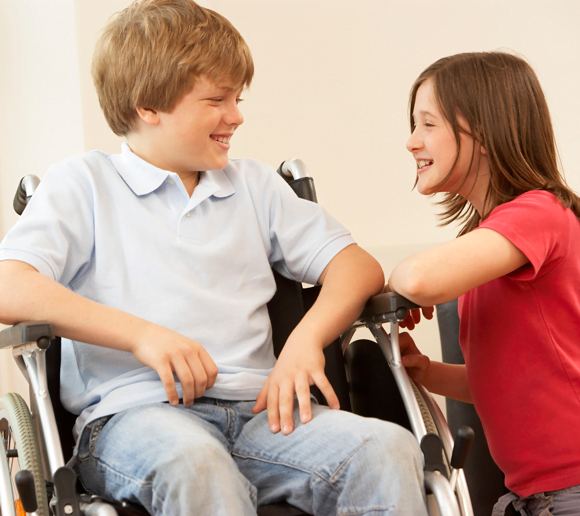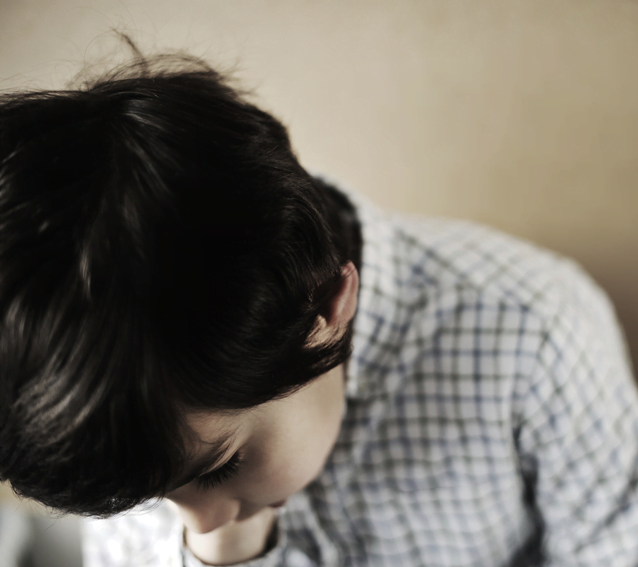This web page focuses on the emotional and social changes related to puberty and sexual development for children and youth with disabilities. For an overview of the physical changes, click here
Puberty and sexual development
Puberty is a life stage, not an event! Puberty is the process of growing from a child into an adult and happens to everyone starting as early as 8 years and ending between 17 and 20 years. Puberty changes come in waves – changes may seem to happen all of a sudden and then the changes slow down for a while.

Kevin’s story shows that sexual behaviours can sometimes cause problems, but with some teaching and discussion, Kevin can learn some boundaries and how to cope with puberty changes.
Managing Puberty
Most children and youth go through puberty following a predictable set of physical (body), emotional (feelings) and social (relationship) changes. The physical changes such as getting taller, growing breasts, starting periods and having body hair can be exciting but scary too.
For youth with disabilities the emotional and social changes can be very challenging as they learn how to cope with their growing body, mood swings and relationships.
Parents and service providers can help youth by giving lots of support with:
- Social skills
- Negotiating relationships
- Decision-making and assertiveness
- Following social rules
- Coping with feelings and emotions
Parents and service providers can also help children and youth through education. Although children and youth with disabilities may have different levels of understanding, they need to know these basics to be sexually healthy and safe:
Correct names for private body parts and ‘my body is private.’
This may help children stay safe as they can learn to tell an adult they trust if someone tries to touch them sexually.
Puberty changes that will happen so that they are prepared.
Hygiene and self-care for menstruation will take practice so talking before the changes can make the transition smoother. For more information on puberty changes, click here. For more information on hygiene and self-care, click here.
How to make friends, be a good friend and how to end a friendship that is not healthy.
This can include dating and sexual relationships. For more information on friendships, click here .
For more information on dating and relationships, click here.
How to cope with sexual feelings and ideas.
Teens may fantasize and daydream about relationships and sex. They may have a ‘crush’ and need help realizing that these feelings are natural but do not need to be acted upon.
Some youth may need to learn about pregnancy prevention and STI protection.
For more information on pregnancy prevention and STIs, click here .
Youth who can be independent can learn how to use community services such as sexual health clinics.
For information on sexual health clinics in Calgary, click here.
When to get help
Sometimes children and youth show behaviours that need to be looked into more. For example:
- A behavior that continues even when asked to stop or rules have been put in place (e.g., masturbation in a public place).
- A behavior that becomes compulsive (e.g., watching sexual images and content online or sending naked photos of themselves).
- A behaviour that puts the child or other children at risk.
- Any time force, bribery, threats, coercion or manipulation is used (e.g., a child is bribed to show their genitals to another child).


